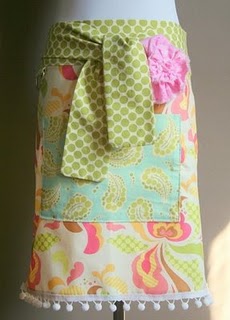For almost two years weve been eating vegetarian or vegan twice a week and seafood twice a week. I guess you could consider us part-time vegetarians. Eating this way keeps us from overloading our diets with too much meat or dairy and cuts down on our grocery bill. It forces us to eat more fresh produce and to shop locally so the produce actually has flavor.
It is extremely eco-friendly to eat vegetarian twice a week; eating meat takes a toll on the environment big time. The beef, poultry and pork industrial farms notoriously contribute to water pollution, use large amounts of fossil fuels and generate prodigious amounts of greenhouse gases. The United Nations has actually issued a call for citizens of the world to go vegetarian one day a week to curb global warming.
My girls love fresh veggies and fruit on their own, but I also like to puree it and add it to other meals. Im not trying to hide it but its another great way to add more essential vitamins to their diet. When my girls were babies I made their baby food and always used organic ingredients. Their teeth came in quickly and they moved onto solids sooner than later, so both times I ended up with extra bags of frozen cubed baby food. I started adding the pureed butternut squash into their grilled cheese for lunch and whole grain pancakes for breakfast. During that time two cookbooks were released dedicated to adding pureed fruits and veggies to favorite recipes!
Weve slowly been going more organic with our meals every month to the point that I can honestly say more than 75% of our meals are completely organic. A big turning point for me in making this decision was something Sara Snow wrote in her *Fresh Living* book. The importance of *factoring in the kids when deciding to go organic* reaffirmed my decision. Sara puts it in such a great way:
“All of this becomes particularly important when you recognize that kids eat, per pound of body weight, more food than adults every day. Plus their variety is limited. So when a child eats a food that contains residues, the dose they receive is much higher than the dose you or I might get from the same food. Couple that with the fact that childrens bodies dont have the ability to metabolize chemicals as quickly or as completely as adults do, so the chemicals remain in kids longer, posing greater risks.”
It has been a leaning experience to teach myself to cook this way but it has been worth the work. These wonderful cookbooks have served as manuals to me and I highly recommend them to everyone!
http://ws.amazon.com/widgets/q?ServiceVersion=20070822&MarketPlace=US&ID=V20070822%2FUS%2Finegrup-20%2F8003%2F39d79e36-810a-411b-8822-8722cd91e7eb&Operation=GetDisplayTemplate
*In Season: Cooking with Vegetable and Fruits
*The River Cottage Family Cookbook
* by Huge Fearnley-Whittingstall & Fizz Carr might be one of our favorite cookbooks. The book itself is a work of art–everything about it is beautiful. They take the time to explain in plain terms why to prepare your food a certain way, why you should make the choice to go organic…there was a lot of love put into this book and you can tell.
*The PDQ (Pretty Darn Quick) Vegetarian Cookbook: 24
* by Alice Waters & Sheherazade Goldsmith goes over everything from growing
your own food organically, cooking home-grown produce, keeping selected
livestock and leading a more sustainable lifestyle.














lots of great links and the apron is adorable! thanks.
thanks for the recommendations. believe it or not, my husband is pickier about fruits and veggies than my toddler!